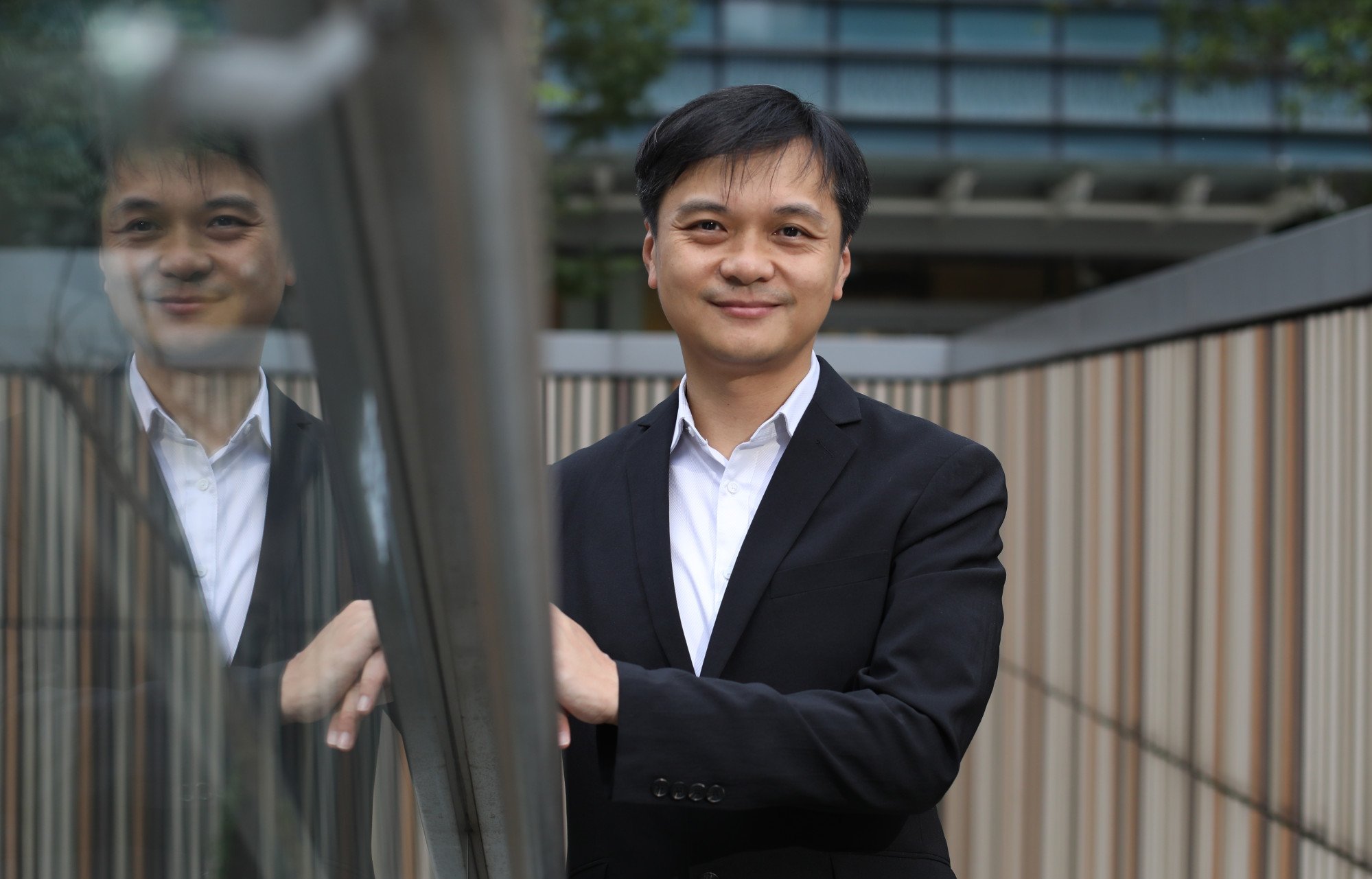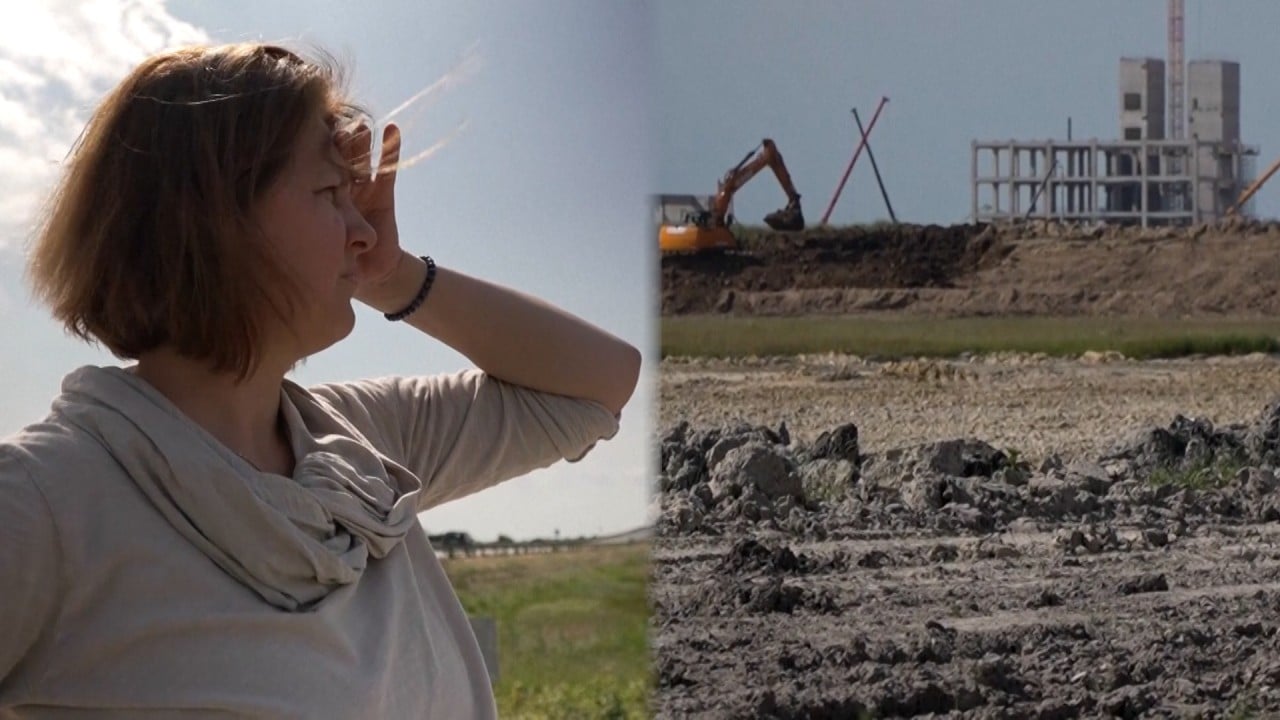
Hong Kong sustainable battery start-up GRST seeks funding for joint ventures after making finals of Prince William’s Earthshot Prize
- The eco-friendly lithium batteries technology start-up aims to raise US$50 million over the next two years
- It aims to fund joint ventures in Europe and North America, as it vies to grab a slice of the fast-growing eco-friendly batteries market
“Right now, after becoming an Earthshot Prize finalist, our focus is to develop quickly in the West,” co-founder and CEO Justin Hung Yuen, told the Post. “The global lithium-ion battery production capacity is expected to grow from around 1,500 gigawatt-hours (GWh) today to 5000 to 8000 GWh by 2030 … if we can capture a few per cent of it, it would be great.”
Britain’s Prince William launched the Earthshot Prize in 2020 to search for and scale up the most innovative solutions to the world’s greatest environmental challenges by 2030.
Founded in 2015 and based in the Hong Kong Science and Technology Park in Pak Shek Kok, GRST said it has invented a water-based manufacturing technology that could cut the emission of greenhouse gases by up to 40 per cent during the production of lithium-ion batteries and by up to 80 per cent during recycling.
The performance has been certified by testing services provider TUV Rheinland, Hung said.
Conventional batteries are energy-intensive because they need to be produced at high temperature and low humidity, and require binding chemicals made from fossil fuels. GRST’s technology removes such requirements.
Recycling of conventional batteries is also highly energy-intensive and results in the emission of toxic fumes.
“The major challenge in lithium-ion batteries sustainability lies with the fact that the current batteries are not designed for recycling, making it difficult to engineer recycling approaches that avoid breaking batteries down into their raw materials,” said researchers at the University of California San Diego in a paper in 2020.
GRST has filed 500 patents to protect its technology, said Hung. Before setting up GRST, he founded CeraSOL, which developed novel non-toxic solutions for home cookware to eliminate the proliferation of poisonous chemicals.
Europe is a priority market, Hung said. The European Council announced in July that it would tighten sustainability rules for batteries throughout their life cycles.

It set a target for lithium recovery from waste batteries of 50 per cent by the end of 2027 and 80 per cent by the end of 2031.
For new batteries, it mandated minimum levels of recycled content and recycled content documentation. They are initially set at 16 per cent for cobalt, 6 per cent for lithium and 6 per cent for nickel.
The regulations also include targets for producers to collect waste batteries for electric bikes, set at 51 per cent by the end of 2028, rising to 61 per cent by the end of 2031.
“Europe is building its own production facilities, but they will not be sufficient to meet their needs and they will still have to import from China,” said Hung. “That would present unique opportunities for us because they need batteries with lower carbon footprints and batteries that are recyclable.”
GRST’s investors include Finland’s state-owned power producer and environmental services firm Fortum, and Harry Lee, the chairman of Hong Kong-based clothes maker TAL Apparel.
Nan-Hung Yeh, the chairman of Taiwan-listed Realtek Semiconductor, one of the world’s largest integrated circuit design companies, is another investor. He has also taken a 35 per cent stake in GRST’s green lithium battery plant in Zhejiang province.
The factory started commercial production in April, and is expected to generate around US$8 million of sales this year, Hung said. Its annual capacity of 0.5 GWh is expected to double by March next year, churning out batteries for electric bikes.
GRST is building a pilot battery recycling facility in Shunde, Guangdong province, which is expected to be commissioned in a year’s time. It can only process batteries made with water-based processes. GRST will seek a Chinese partner to jointly operate the recycling business, Hung said.


